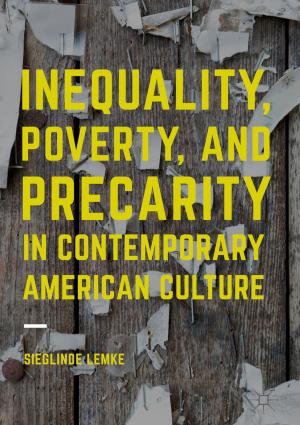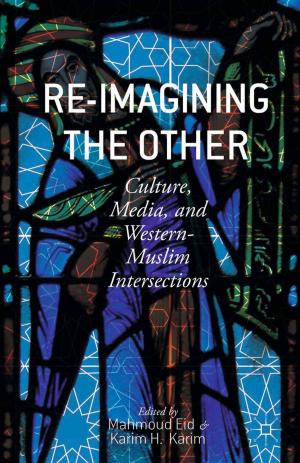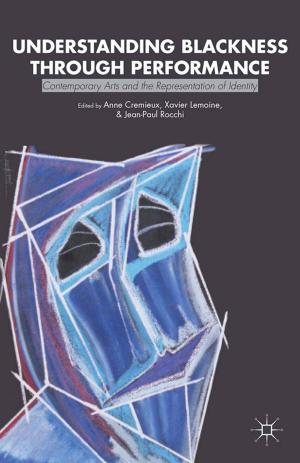The Cultural Memory of Africa in African American and Black British Fiction, 1970-2000
Specters of the Shore
Fiction & Literature, Literary Theory & Criticism, African, American| Author: | Leila Kamali | ISBN: | 9781137581716 |
| Publisher: | Palgrave Macmillan US | Publication: | December 10, 2016 |
| Imprint: | Palgrave Macmillan | Language: | English |
| Author: | Leila Kamali |
| ISBN: | 9781137581716 |
| Publisher: | Palgrave Macmillan US |
| Publication: | December 10, 2016 |
| Imprint: | Palgrave Macmillan |
| Language: | English |
This book offers a new approach to reading the cultural memory of Africa in African American fiction from the post-Civil Rights era and in Black British fiction emerging in the wake of Thatcherism. The critical period between the decline of the Civil Rights Movement and the dawn of the twenty-first century saw a deep contrast in the distinctive narrative approaches displayed by diverse African diaspora literatures in negotiating the crisis of representing the past. Through a series of close readings of literary fiction, this work examines how the cultural memory of Africa is employed in diverse and specific negotiations of narrative time, in order to engage and shape contemporary identity and citizenship.By addressing the practice of “remembering” Africa, the book argues for the signal importance of the African diaspora’s literary interventions, and locates new paradigms for cultural identity in contemporary times.
This book offers a new approach to reading the cultural memory of Africa in African American fiction from the post-Civil Rights era and in Black British fiction emerging in the wake of Thatcherism. The critical period between the decline of the Civil Rights Movement and the dawn of the twenty-first century saw a deep contrast in the distinctive narrative approaches displayed by diverse African diaspora literatures in negotiating the crisis of representing the past. Through a series of close readings of literary fiction, this work examines how the cultural memory of Africa is employed in diverse and specific negotiations of narrative time, in order to engage and shape contemporary identity and citizenship.By addressing the practice of “remembering” Africa, the book argues for the signal importance of the African diaspora’s literary interventions, and locates new paradigms for cultural identity in contemporary times.















